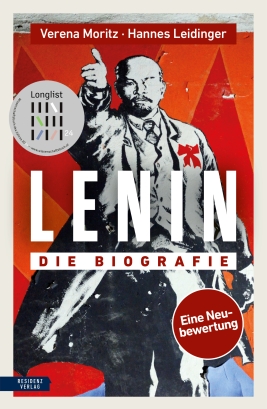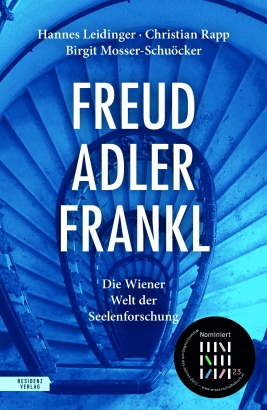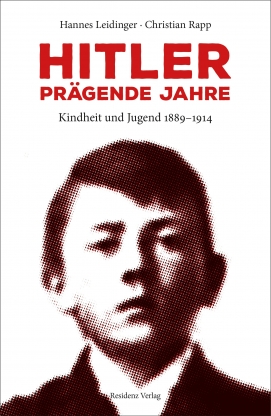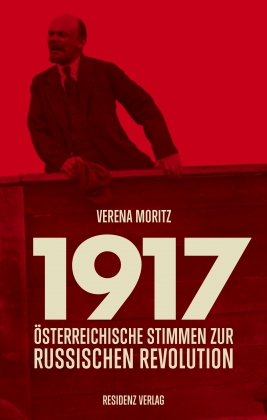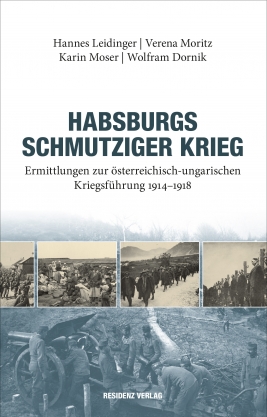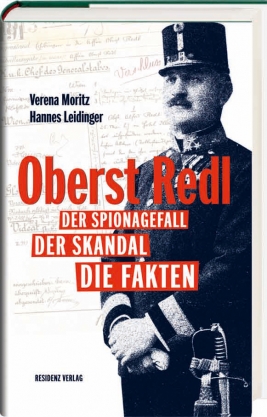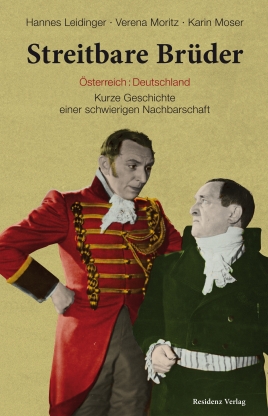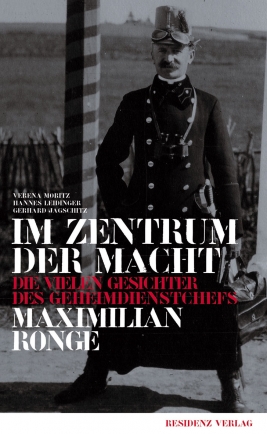Verena Moritz‘ und Hannes Leidingers Biographie ist keine eifernde Abrechnung mit Wladimir Iljitsch Lenin, das wäre auch zu billig, einhundert Jahre nach dem Tod des Sowjetführers. Mit detailgenauer Akkuratesse rekapitulieren die beiden die enragierten Diskussionen innerhalb der europäischen und der russischen Linken zwischen den 1870er und 1920er-Jahren.
Hannes Leidinger und Verena Moritz haben eine wissenschaftlich tragfähige, zugleich aber auch gut lesbare Lenin-Biographie vorgelegt. Ein Buch, das Maßstäbe setzt.
[Quelle Günter Kaindlstorfer, Ö1]
Das Buch besticht durch sprachliche Klarheit, akkurate Detailgenauigkeit, neue Einsichten und Bewertungen, durchaus auch unerwartete Zugänge. Totale und Nahaufnahmen wechseln, so werden Zusammenhänge klarer. Jedenfalls ist es weit entfernt von jeder hagiografischen Schlagseite. (...)
Eine Biografie auf der Höhe der Zeit, hier wird nicht abgerechnet, nicht dämonisiert und nicht glorifiziert. Uljanow und Lenin, Mensch und Mythos, Person und Theoretiker werden getrennt. Lenin wird als politischer Akteur dargestellt, den man nur aus seiner Zeit verstehen kann.
[Quelle: Günther Haller, DIE PRESSE]
Moritz und Leidinger geben dem Leser Kontext, ordnen ein und machen Lenins Leben und Wirken so auch für Leute zugänglich, die sich noch nicht mit ihm beschäftigt haben.
Wer Russland heute verstehen möchte, kommt an seiner Geschichte und damit an Lenin nicht vorbei. Ein Blick in „Lenin. Die Biografie. Eine Neubewertung“ ist dafür sehr zu empfehlen.
[Quelle: Andreas Sator, FALTER]
Akribisch haben Hannes Leidinger und Verena Moritz den politischen Werdegang Lenins rekonstruiert. Sie zeichnen das Bild eines empathielosen Fanatikers, der in puncto sozialistischer Revolution keinerlei Kompromisse kennt.
[Quelle: Alice Pfitzner, ORF ZIB 1]
In „Lenin. Die Biographie. Eine Neubewertung“ wird der Lenin-Mythos detailreich seziert und akribisch freigelegt, wie diesem Mann das Unwahrscheinliche gelingen konnte: Lenin wurde nur 53, verbrachte Jahre in Haft, Verbannung und Exil – und veränderte gegen Ende seines Lebens die Welt scheinbar plötzlich und für immer.
[Quelle: David Rennert, DER STANDARD]
Verena Moritz und Hannes Leidinger (...) haben zum 100. Todestag eine neue Biografie vorgelegt. Mit noch mehr Dokumentenzugang, mit Abstand und Gelassenheit. Vor allem ist es eine intellektuelle, theoretische Biografie. Soll heißen: Man erfährt viel von Schrifttum und Gedankenwelt Lenins und wenig von Leben und Alltag. Bemerkenswert – heute werden Biografien üblicherweise in ganz anderem Sound geschrieben.
[Quelle: Robert Misik, TAZ]
Was von Lenins Werk geblieben ist und was von ihm bleibt, erkunden 100 Jahre nach seinem Tod die Historikerin Verena Moritz und der Historiker Hannes Leidinger in ihrem Buch "Lenin. Die Biografie. Eine Neubewertung".
[Quelle: Rayk Wieland, MDR]
In achtzehn gut gewählten wie biographisch-historisch komponierten Kapitel und über 600 Seiten entsteht ein spannendes menschliches wie polithistorisches Mosaik, das, auch in Verbindung zahlreicher Abbildungen als unmittelbares Panoptikum, Leserin und Leser sehr anschaulich ein fundiertes wie gut lesbares Lenin-Bild kennenlernen lässt.
[Quelle: Walter Pobaschnig, LITERATUR OUTDOORS]
Seit dem Fall der Sowjetunion forschen Verena Moritz und Hannes Leidinger zur russischen Geschichte. Eines der Ergebnisse dieser jahrzehntelangen Beschäftigung, ihre neue Lenin-Biographie.
[Quelle: ORF Kulturmontag]
